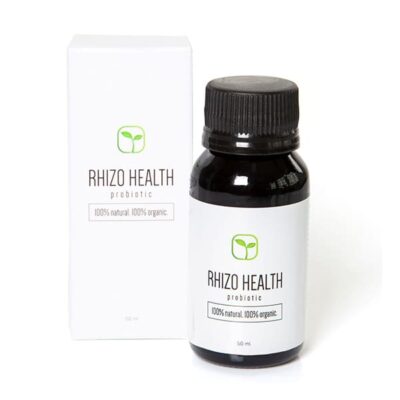Aniseed Essential Oil
Aniseed (or anise) is a herb that is widely used as a domestic spice. The essential oil provides the basis for its medicinal applications: dry irritable coughs, bronchitis & whooping cough. It can help with digestive disorders such as colic, cramp & indigestion. Aniseed oil (Pimpinella anisum) can be useful in the treatment of muscular aches & pains, rheumatism and even hangovers.
Suggested use: Please conduct own research
Further information:
Essential oils are highly concentrated plant essences. The ingestion of essential oils is not recommended without prior advice from your health care practitioner. Dilute in a carrier or base when necessary.
Warnings:
 Willow Wild Yam 50 Capsules
Willow Wild Yam 50 Capsules
 Good Life Organic Garlic and Pepper Salt 180g
Good Life Organic Garlic and Pepper Salt 180g
 Whole Earth Organic Sparkling Cranberry 330ml
Whole Earth Organic Sparkling Cranberry 330ml
 MW Game Changer Meal Replacement Belgium Chocolate - 1Kg
MW Game Changer Meal Replacement Belgium Chocolate - 1Kg
 Rhizo Health Probiotic Original 50ml
by Anne-lanie
Rhizo Health Probiotic Original 50ml
by Anne-lanie
You must be logged in to post a review.
Free delivery in Namibia for orders over N$850.
or a small N$85 delivery fee, countrywide,
for orders under N$850.
© 2023 Heal Health Warehouse. All Rights Reserved. Powered by Nam-Online. Design by Makalani Productions
Reviews
There are no reviews yet.